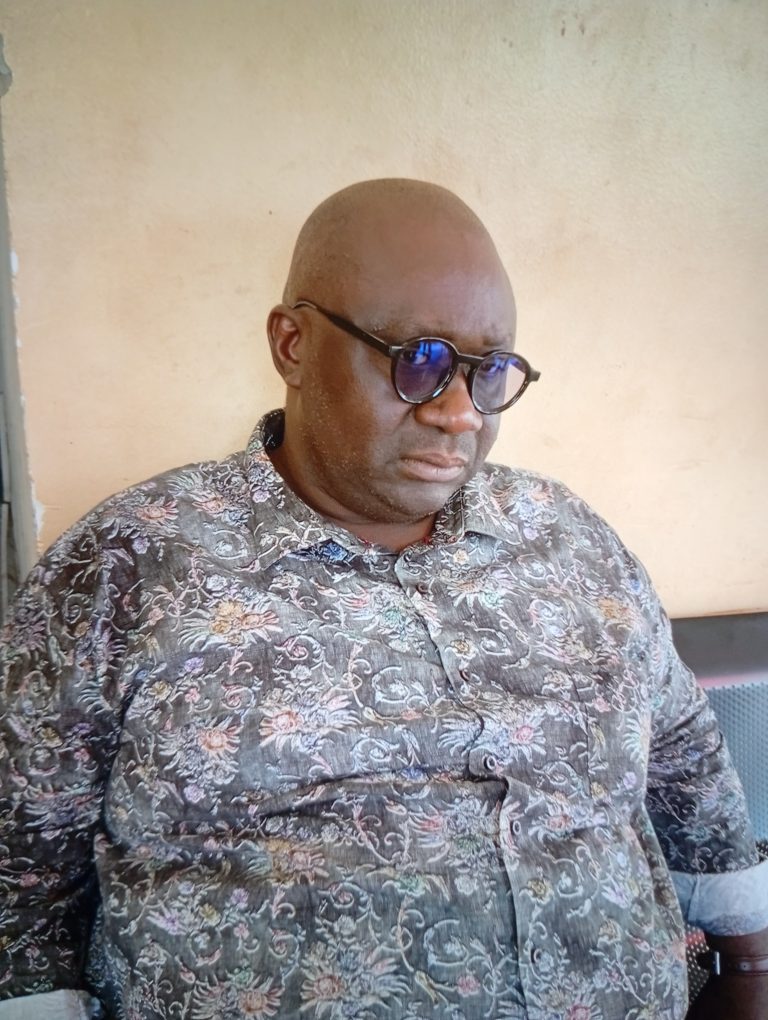
Operatives from the Makurdi Zonal Directorate of the Economic and Financial Crimes Commission (EFCC) have arrested Dr. Mkor Aondona, Special Adviser to the Governor of Benue State on Documentation, Research, and Planning, over serious allegations of sextortion and cyber harassment.
Dr. Aondona was taken into custody on Friday, June 20, following multiple petitions filed by female university students who accused him of abusing his political position to manipulate and exploit them. According to the complaints, he allegedly lured these young women—mainly slim and physically attractive students—under the guise of offering them ushering jobs for official state functions.
However, the victims claim that the jobs came with disturbing conditions: they were coerced into providing sexual favors as a prerequisite for being selected. More troubling, the petitioners allege that Dr. Aondona secretly filmed these encounters without their consent and later used the recordings as tools of blackmail.
“He told us that if we didn’t continue with what he wanted, he would leak the videos online,” one of the victims reportedly told EFCC investigators.
The students also claimed that some of the explicit videos had already been circulated via various social media and messaging platforms, putting their reputations, mental health, and academic futures at risk. “He shared the recordings in private groups,” one victim alleged, adding that the fear of public exposure left them emotionally traumatized and afraid to speak out until now.
EFCC spokespersons have confirmed the arrest and stressed that the agency is treating the matter with the utmost seriousness. “We do not tolerate acts of sexual exploitation or cyberbullying in any form. Our investigation is well underway, and Dr. Aondona will be charged in court once the process is concluded,” the statement read.
As of the time of this report, Dr. Aondona remains in EFCC custody, where he is being held pending formal arraignment.
The case has sparked outrage among women’s rights activists, students, and civil society groups in Benue State, many of whom are calling for swift prosecution and stronger safeguards against sexual exploitation in public institutions. Advocacy organizations are urging the government to take immediate steps to support the victims and ensure that such abuses of power are not swept under the rug.
This development adds to the growing scrutiny of misconduct within Nigeria’s political class, where calls for accountability, especially in gender-related offenses, are gaining momentum nationwide.





